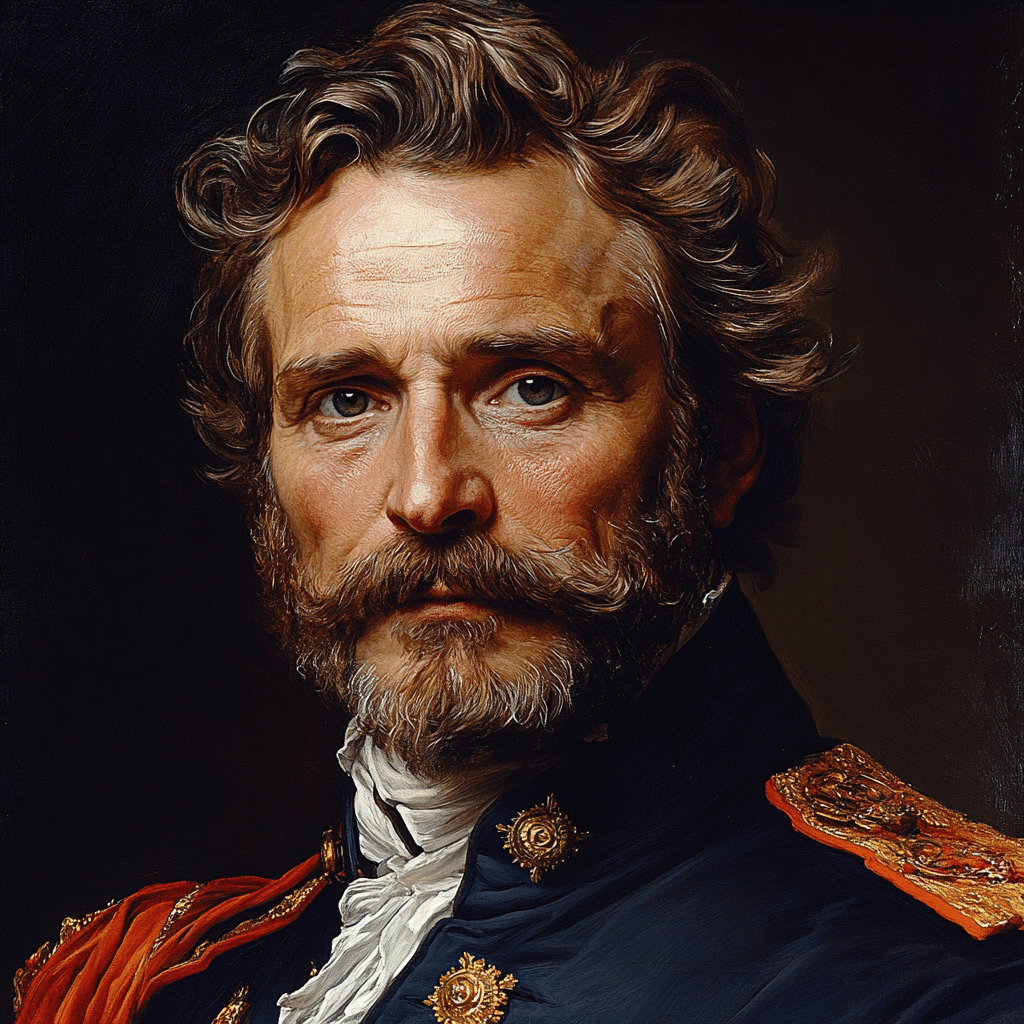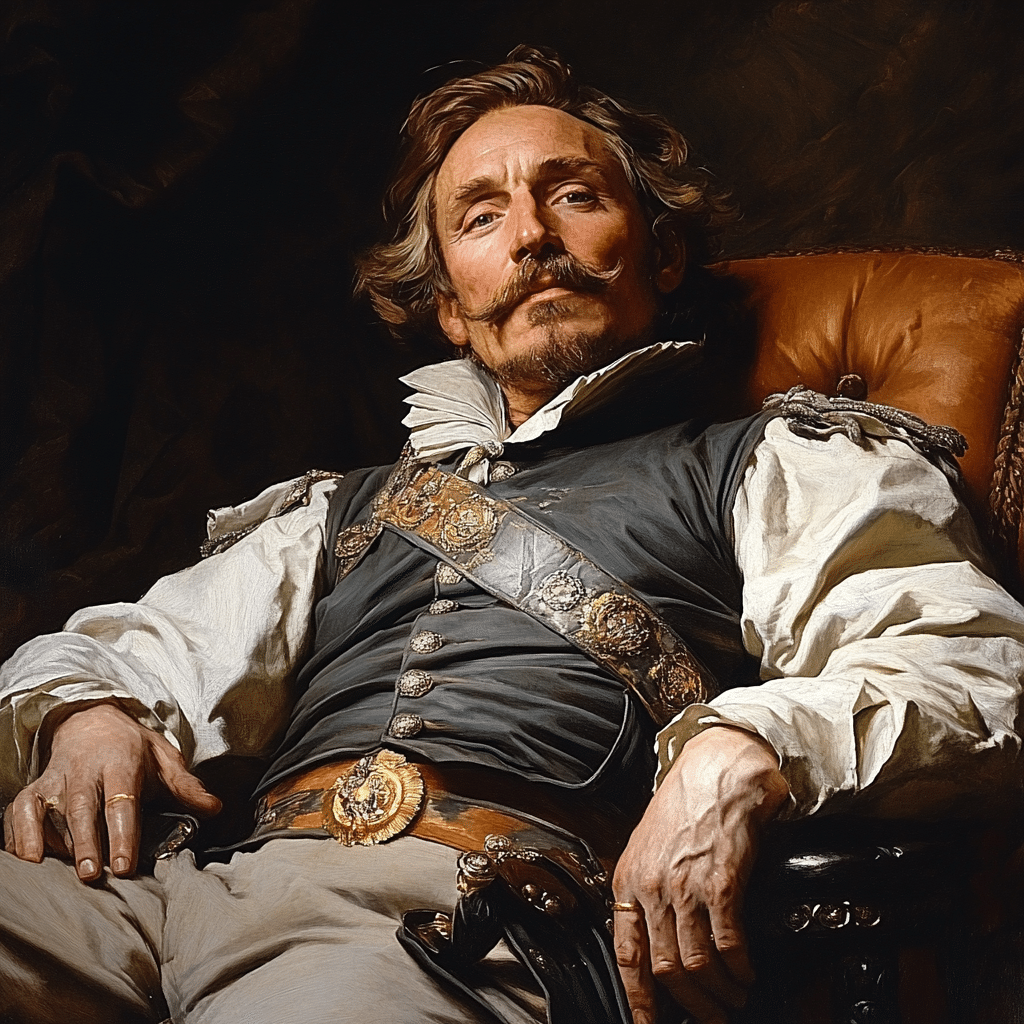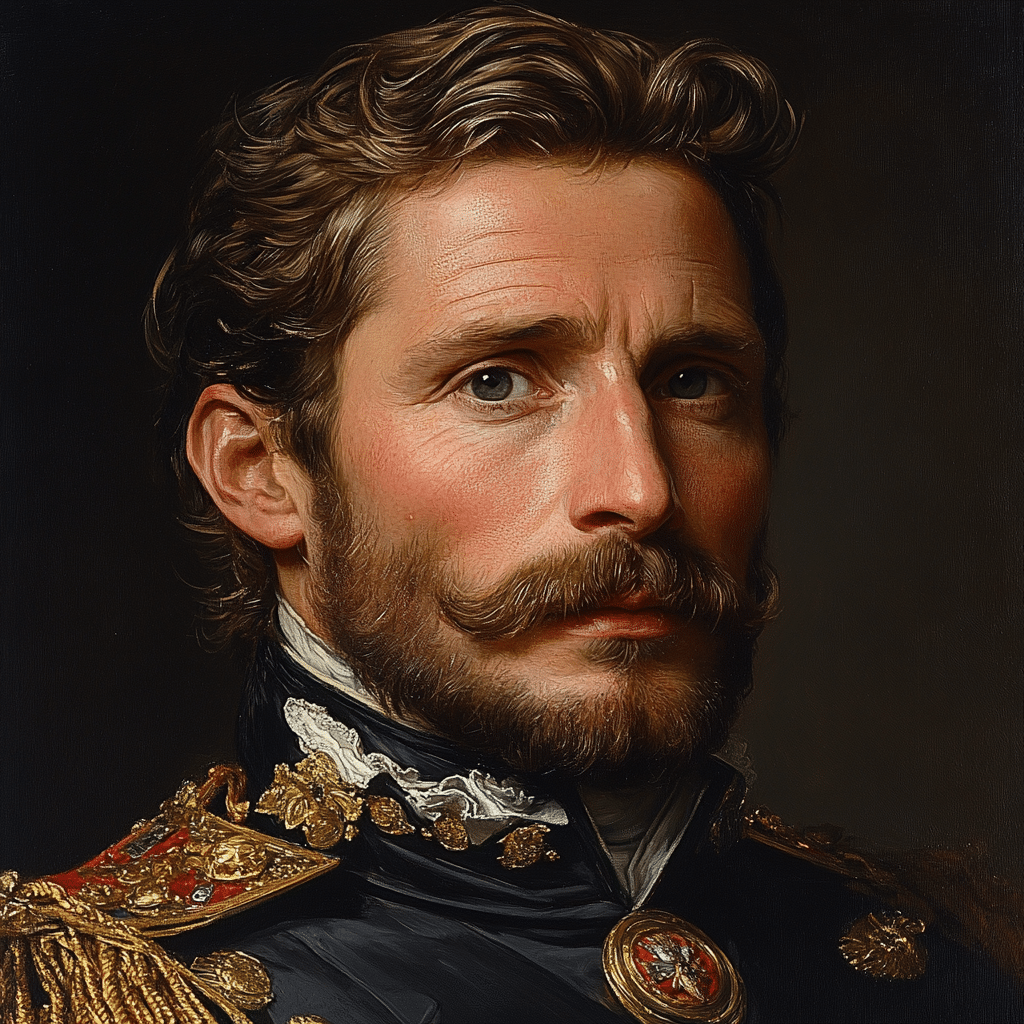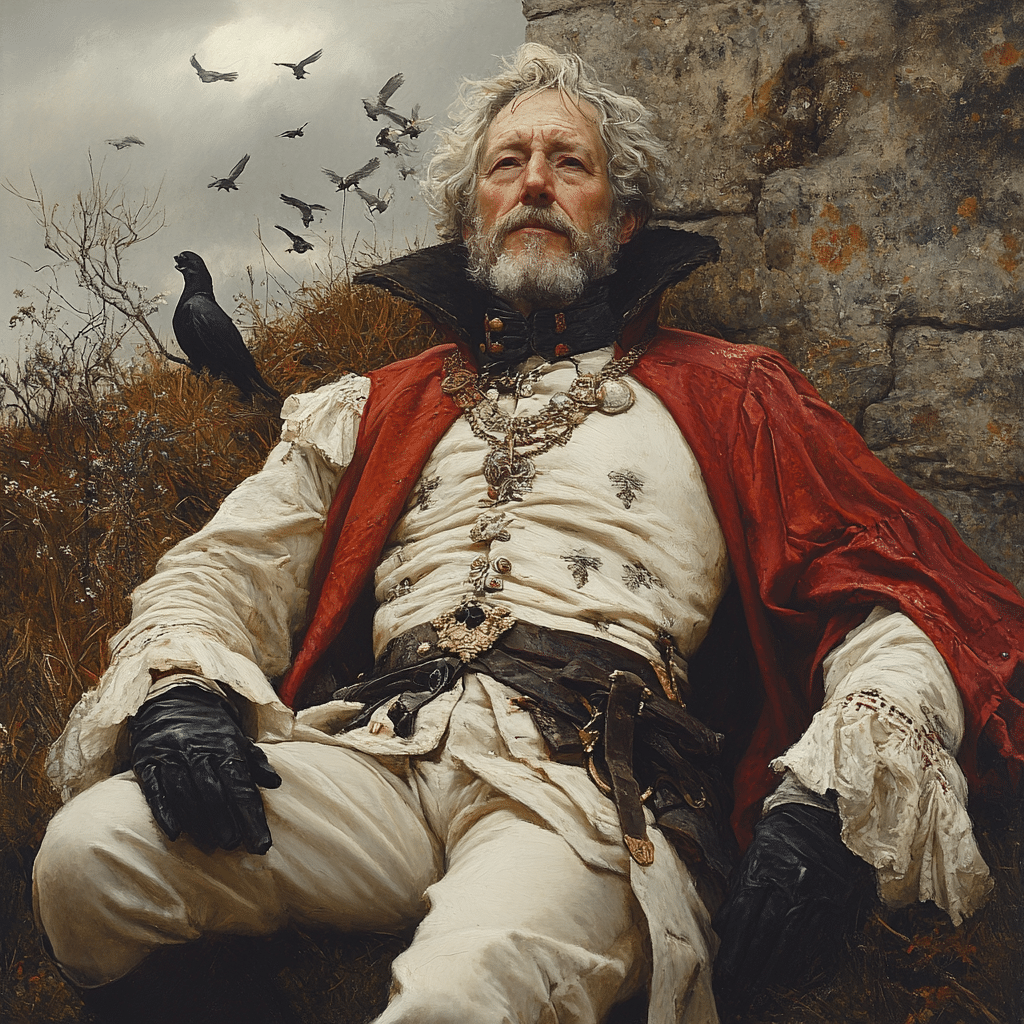
Richelieu The Architect Of Modern France’s Power
The Influence of Richelieu in Shaping French Politics
Cardinal Richelieu, as chief minister to King Louis XIII, profoundly shaped the political landscape of France during the early 17th century. His innovative policies laid the groundwork for a centralized authority that would become pivotal for modern nation-states. Richelieu’s strategic federalist approach shifted power from the nobility into the hands of the monarchy, fostering a streamlined governance structure that served to fortify the state.
The establishment of intendants—royal officials tasked with managing provincial governance—exemplifies Richelieu’s effectiveness. This move not only weakened the fiefdoms’ grip but also created a more uniform administration throughout France. It’s crucial to appreciate how this restructuring influenced political strategies worldwide, underscoring Richelieu’s role in shaping frameworks still relevant today.
Richelieu’s political savvy was not just about consolidating power; it was about creating systems that could withstand the test of time. His policies initiated a transformation that continues to resonate, establishing a path for future political leaders and systems to follow. As we connect the past to the present, we can clearly see how Richelieu’s influence carved out a more centralized and effective government structure.

Top 5 Policies That Defined Richelieu’s Legacy
Richelieu’s main ambition was to curb the power of feudal lords. Suppressing nobility enabled the monarchy to gain strength and maintain tighter control over the realm. This initiative set a clear precedent for state governance that would resonate long after his tenure, marrying monarchy and emerging nationalism into a powerful central authority.
One of Richelieu’s hallmark strategies was engaging in the Thirty Years’ War. Allying France with Protestant nations against the Catholic Habsburgs simply aimed to diminish their influence in Europe. This marked a critical move that elevated France’s military reputation and established it as a key player on the continental stage. Talk about a power move, right?
Under Richelieu’s guidance, mercantilism thrived as he drove trade and domestic industries forward. By pouring investments into infrastructure, he bolstered not only the economy but also inspired a sense of financial security within France. This focus on elevating commerce transformed France into a heavy-hitter in international trade.
Richelieu skillfully managed the strained relationship between Catholics and Huguenots. The signing of the Peace of Alès in 1629 was a strategic maneuver; it diminished Huguenot privileges while establishing internal stability. By balancing these tensions, he fortified royal authority and simplified governance amidst religious strife, paving the way for future societal cohesion.
A fervent advocate for the arts, Richelieu founded the Académie Française to foster a national cultural identity. By promoting French literature and language standards, he cemented an enduring sense of unity in a time when identity was paramount. This cultural shift not only strengthened social ties but also enhanced France’s status as a center of art and intellect in Europe.
Comparing Richelieu to Modern Influencers: The ‘Pepe Le Pew’ Effect
Examining Richelieu’s methodology reveals striking parallels to contemporary figures in media and politics—think of animated characters like Pepe Le Pew. His charming yet persistent pursuit of influence captures a unique essence, much like Richelieu’s own approach. Both embodied a brand of persuasion that leaned heavily on charisma rather than sheer pressure.
Modern Analogues:
These parallels highlight how both historical and modern figures utilize relationships as a form of influence, showcasing that the game of politics and public relations continues to evolve, albeit with echoes of the past.

Richelieu’s Enduring Impact on Global Politics
The legacy of Richelieu stretches far beyond the confines of his time. His recognition of power dynamics has influenced political operations throughout history. Nations have since adopted centralized governance tactics and diplomatic strategies rooted in his methods. For instance, today’s international collaborations through platforms like the United Nations reflect Richelieu’s advocacy for cooperation despite disparities in power.
Indeed, the organized approach Richelieu established resonates with current governance models. Countries continually implement centralized authority to navigate complexities in international relations, firmly planting Richelieu’s influence in ongoing geopolitical discussions.
His insights into the interplay of power have inspired generations of leaders and policymakers. For instance, modern governments implementing centralized strategies aim to achieve stability while maintaining control. This attests to Richelieu’s brilliance in crafting models that informed today’s governance frameworks.
Navigating Richelieu’s Complex Legacy
Richelieu remains a multifaceted figure within the annals of history. His commitment to a strong centralized authority, soldiering through strategic military involvement, and promoting cultural advancements shaped not just the future of France but also a broader vision of governance and diplomacy. The lessons gleaned from his legacy offer wisdom for today’s political climate, emphasizing that wise power can reshape nations in profound ways.
In the echo of his time, we find that balancing authority, societal needs, and cultural pride is essential. Just as Richelieu floated through tumultuous waters with the grace of a cartoon lion, today’s leaders must navigate their challenges with similar cunning. All said and done, Richelieu’s impact suggests that while the landscape changes, the core principles of governance remain timeless—power used effectively can unite and propel nations forward.
Richelieu’s extraordinary journey through the world of politics teaches us ongoing lessons about influence. Whether we think of him through the lens of ‘Pepe Le Pew’ charm or as the architect of a formidable France, we’re left with a crucial understanding: the legacy of power dynamics continues to unfold, shaping the course of nations in an ever-changing tapestry of history.
Richelieu: A Look at the Architect of Modern France’s Power
A Life of Intrigue and Politics
Cardinal Richelieu is often credited as the mastermind behind the rise of modern France. Born on September 9, 1585, his ambitious nature led him to serve King Louis XIII. But did you know that his tactics sometimes mirrored a famous heist? Much like the themes in Den Of Thieves, Richelieu wasn’t just a religious leader—he was a political strategist who knew how to play the game of power. He strove to weaken noble power and curb the influence of Habsburgs, creating a stronger centralized state.
Richelieu had a flair for diplomacy as well, which can remind fans of the ups and downs in the lives of characters like Gino And Jasmine. Did you ever think about how this historical figure wielded language like a sword? His famous quote,If we do not find her, we will all be damned, illustrates his sense of urgency and the high stakes involved. Waging wars, forming alliances, and launching initiatives like the French Academy, he really was the toast of the court.
Cultural Impact
The Cardinal’s influence stretched beyond politics, impacting culture and art too. In fact, he had a notable interest in the arts, supporting the works of several playwrights and poets. Some might call it a foray into an Orange anime scenario—blending art and power seamlessly. He understood that culture could cement a ruler’s legacy; that’s partly why Richelieu became a significant figure in the Deux Montagnes of French literature. His strategic moves helped elevate theatre and drama, shaping modern storytelling.
Speaking of storytelling, Richelieu wasn’t just about power plays; his life’s narrative could rival any modern hit series. Imagine a mini-series exploring his life as intricately as Rege Jean Page’s movies and TV shows, mixing drama and strategic intrigue—now that’s a binge-worthy concept! The visuals of an ambitious clergyman navigating the political landscape would surely capture today’s audience.
Enduring Legacy
Richelieu’s legacy is far-reaching. As you contemplate his role, think about the relevance today; his policies and methods can still be observed in modern governance. Almost like trying to figure out what credit you need to buy a house, understanding his strategies gives insight into how to strengthen one’s position in various constructs we face, from politics to business. The Cardinal wasn’t just shaping a kingdom; he laid down the foundations for structured governance that would resonate through the ages.
As we look back on Richelieu’s life, we remember the many facets of his character. In navigating his world, he not only changed France but left an undeniable mark on history—much like that unforgettable line, The girl I like Forgot Her glasses, which stays with you long after hearing it. Much like those vivid memories, Richelieu will always remain a significant figure in shaping the narrative of France and beyond.













